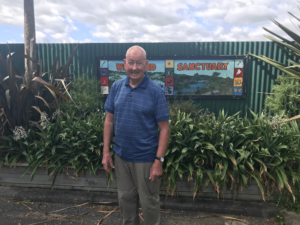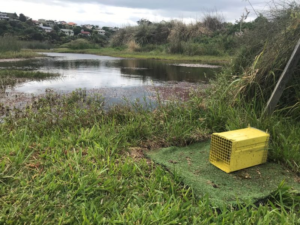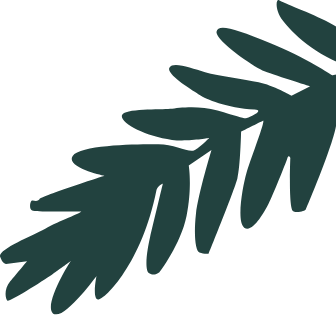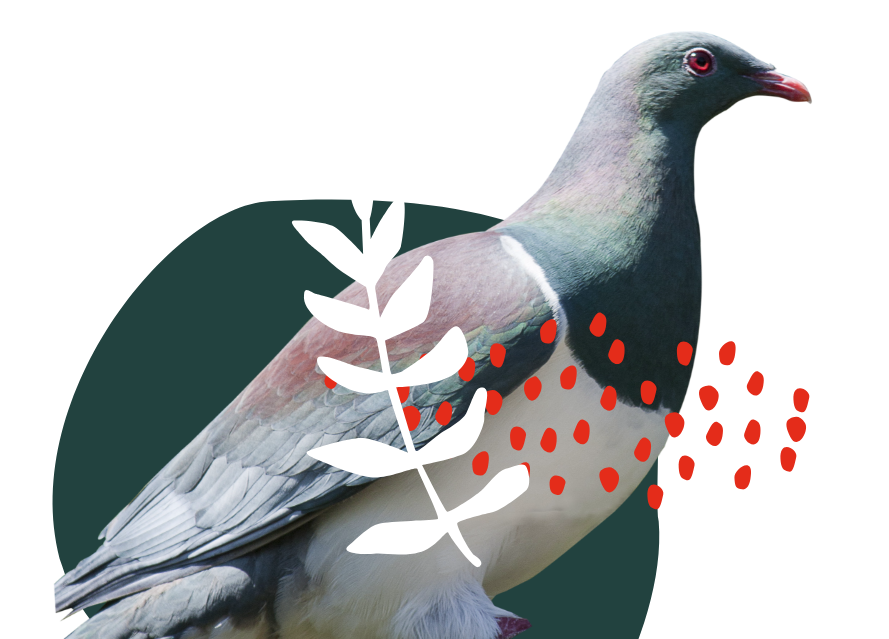Welcome to Dragonfly Springs Wetland Sanctuary, a stormwater cleansing nature reserve with a focus on environmental education and winner of the Northland Regional Council 2020 Environmental Action in Water Quality Improvement Award.
 Project Manager Jeremy Busck bought the property in 2000 and opened Dragonfly Springs 13 years ago. He is absolutely passionate about education and loves the knowledge he can pass on by showing people through the wetlands.
Project Manager Jeremy Busck bought the property in 2000 and opened Dragonfly Springs 13 years ago. He is absolutely passionate about education and loves the knowledge he can pass on by showing people through the wetlands.
“We’ve had thousands of school-aged students through here, as well as gardening and interest groups from preschoolers to my age [77]. I believe this is the future of education, an outdoor classroom! There are so many things to teach people here and we focus on the good things people do for the environment, not the bad things. I believe this inspires other people as success breeds success.”
Dragonfly Springs boasts an onsite education hub, complete with bugatorium, bug hotels, culverts, marsh grass-pollutant traps, litter traps on the storm drains, rat and possum traps, native flora and fauna and a vast range of sculptures made by local artists. It’s quite literally a nature reserve paradise. 
Jeremy is proud that 100% of the plants and trees on the land are native, which attracts many native birds.
“Research tells us that we are only trapping one per cent of predators. We need to be doing more. We have around 37 rat traps and 7 possum traps all over the property. We also have trail cameras attached to the traps so we can monitor the activity and see what types of predators are here so we know how to target them. With the help of our volunteers here we are able to check the traps daily, re-bait and reset them.
“It’s been great working alongside Tiakina Whangārei with their project to make Onerahi predator-free as we share the same values and goals. The students from Onerahi School are getting involved too which is wonderful to see. They are currently painting the trap boxes which helps them take ownership of the project as well.
 “For me, no traps means no birds. I perish at the thought of rats climbing trees and eating our native birds and their eggs. I especially love pīwakawaka – they follow me around and sometimes I feel as though they are going to land on my head when I’m doing some peaceful work in the bush. So rats or pukekos and other predators need to be controlled so our natives have a chance at flourishing.”
“For me, no traps means no birds. I perish at the thought of rats climbing trees and eating our native birds and their eggs. I especially love pīwakawaka – they follow me around and sometimes I feel as though they are going to land on my head when I’m doing some peaceful work in the bush. So rats or pukekos and other predators need to be controlled so our natives have a chance at flourishing.”
Looking to the future, Jeremy says he’s very passionate about bringing the community together to take ownership of this place to become a predator-free space.
“The community will take the baton into the next step. In 20 years, I see this place as a leader in environmental education – there are so many benefits for having this as a classroom for our future generations. The dream would be to have a predator-free fence going all around the property. If you take away the predators, the bird population would increase and they wouldn’t be afraid of humans; you could almost stroke them! It’s a great way of showing people what can be achieved by getting rid of predators and it’s teaching people that outside the fence there’s a problem, but inside the fence, look at the difference! Wouldn’t that be something?”
If you are interested in learning more about predator control in urban Whangārei, email info@tiakinawhangarei.co.nz or if you would like to get involved with Dragonfly Springs, email jeremy.busck@xtra.co.nz



